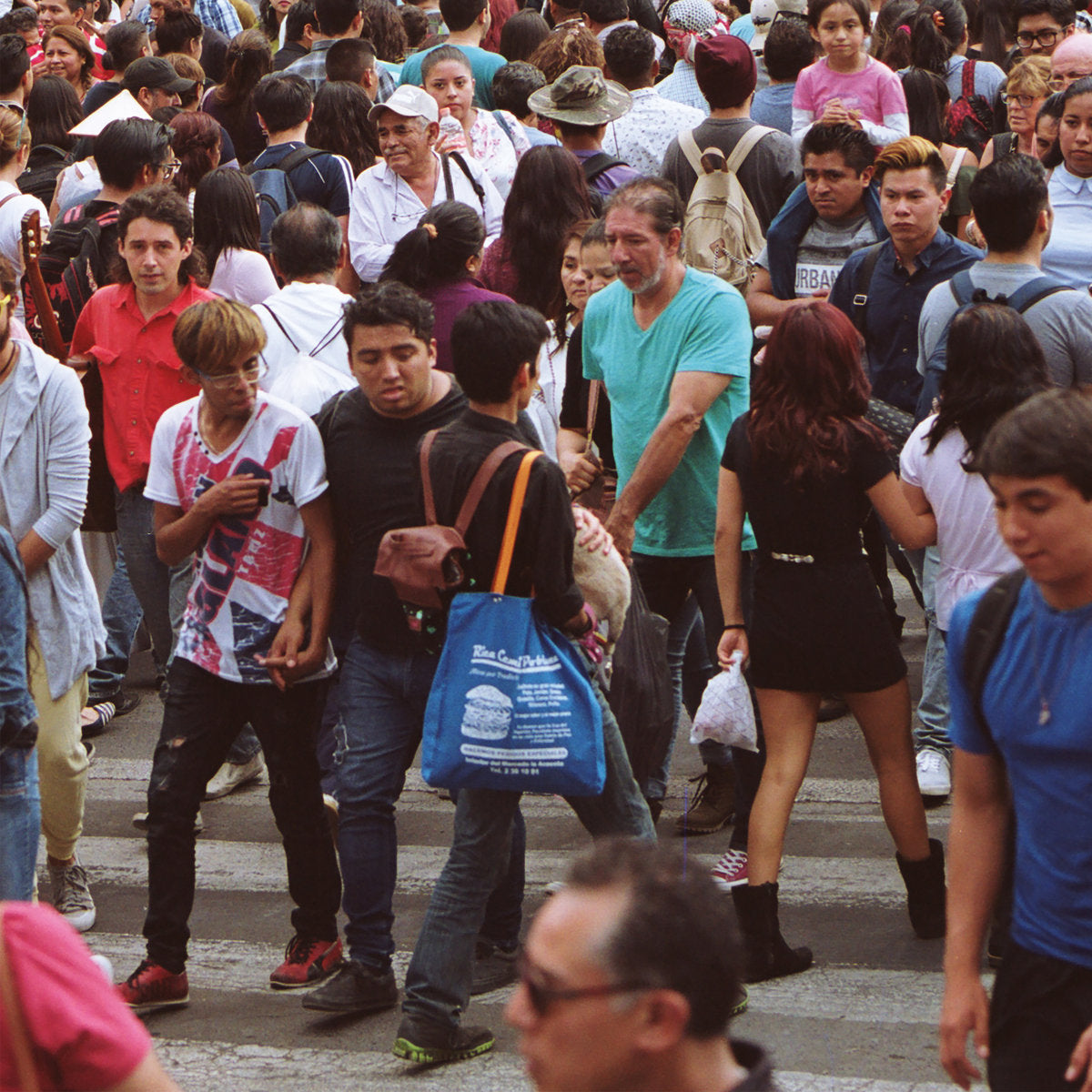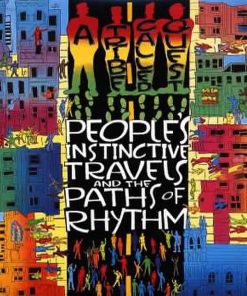Juan Wauters – La Onda de Juan Pablo LP Captured Tracks
$ 20,98 Original price was: $ 20,98.$ 12,59Current price is: $ 12,59.
In the last couple of years, Juan Wauters has covered a lot of ground, both artistically and geographically. The year 2016 saw him performing his music in his native Uruguay for the first time as well as directing a film, Romane en Juin, in the South West of France; and, since then, he has been traveling throughout Latin America extensively, taking time to press pause and rethink his life, his art and his career after releasing two critically acclaimed albums on Captured Tracks, 2014’s N.A.P.: North American Poetry and 2015’s Who Me?.
As both time and place often have a unique influence on his music, Wauters originally planned to record his next album while traveling, seeking a break from his life in New York City, the city he has called home since moving from Montevideo in 2002. In 2017, no sooner had he settled in Mexico City to focus on writing when he was suddenly offered a role in an independent film being shot in Argentina. Ever the happy wanderer, Wauters re packed his 100-pound mobile recording studio into two suitcases and took off for Buenos Aires. When filming was complete, Wauters wound up writing and recording all over Latin America — from Argentina, Uruguay, Peru, and Chile to Mexico and Puerto Rico — seeking collaboration at every stop with local musicians who embody the traditions and energies specific to each region.
Puerto Rico was one of his first destinations. At a restaurant on the way to Charco Azul in Guavate – a natural swimming hole – Wauters heard a duo playing boleros, music he has been familiar with since his early childhood, but had never experienced in its original context. Those boleros would inspire the repeating melody that makes up the infectious love song, “Guapa”. Later, Mexico City was to become the birthplace of “A Volar”, a beautiful, buoyant track about dreaming wildly that features multiple musicians that Wauters met in Garibaldi, a popular square in Mexico City where musicians for hire gathe r. Later, he would trek to Buenos Aires, Santiago and Montevideo, creating music and incorporating the local traditions into his yarns.
Until this point in his career, most of his songs had been sung in English, but revisiting his Latin roots inspired him to record songs in his native tongue. Thus, Wauters gives us the wonderful La Onda de Juan Pablo, the world of Juan Pablo Wauters.
La Onda de Juan Pablo by Juan Wauters
Fast Shipping and Professional Packing
We offer a broad range of shipping options due to our long-running partnerships with UPS, FedEx and DHL. Our warehouse employees will pack all goods to our exacting requirements. Your items are carefully inspected and secured properly prior to shipping. We ship to thousands of customers every day from all over the world. This demonstrates our dedication to becoming the largest online retailer in the world. Warehouses and distribution centres can be located in Europe as well as the USA.
Note: Orders that contain more than one item will be assigned a processing date depending on the item.
We will carefully examine all items before sending. Today, the majority of orders will be shipped within 48 hours. The expected delivery time will be between 3 and 7 days.
Returns
Stock is dynamic. It's not completely managed by us, since we have multiple entities, including the factory and the storage. The actual inventory can fluctuate at any time. It is possible that the stocks could be depleted after your order has been processed.
Our policy lasts 30 days. If you haven't received the product within 30 days, we're not able to issue a refund or an exchange.
To be eligible for a refund the product must be unopened and in the same state as when you received it. The item must be returned in its original packaging.
Related products
Vinyl
Vinyl
Acid Mothers Temple & Melting Paraiso U.F.O. – Hallelujah Mystic Garden Part 2 LP Important Records
Vinyl



































